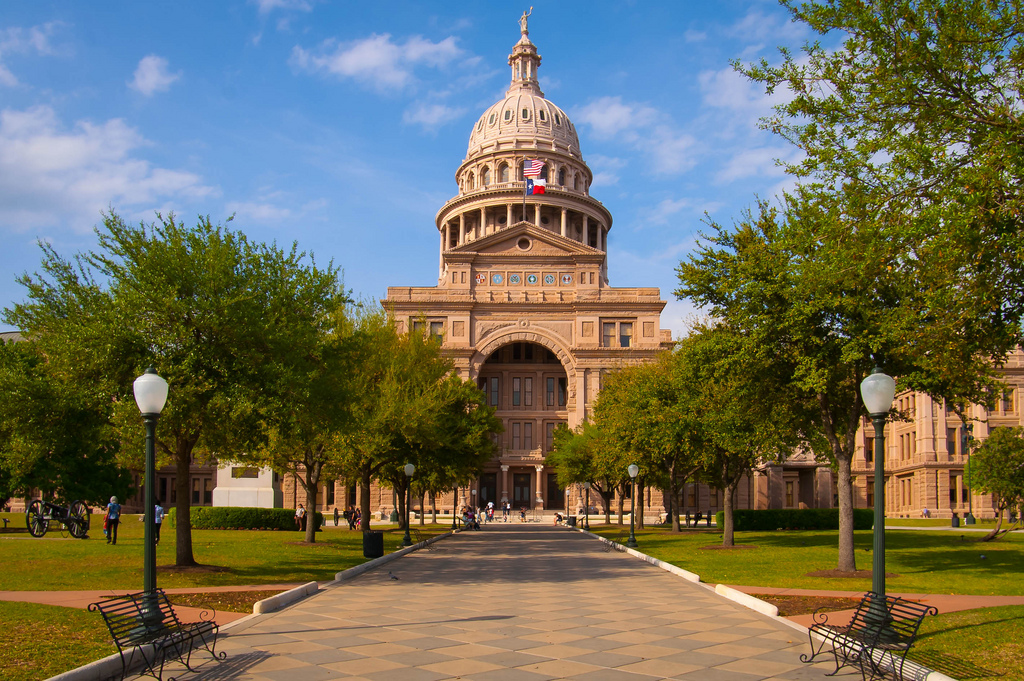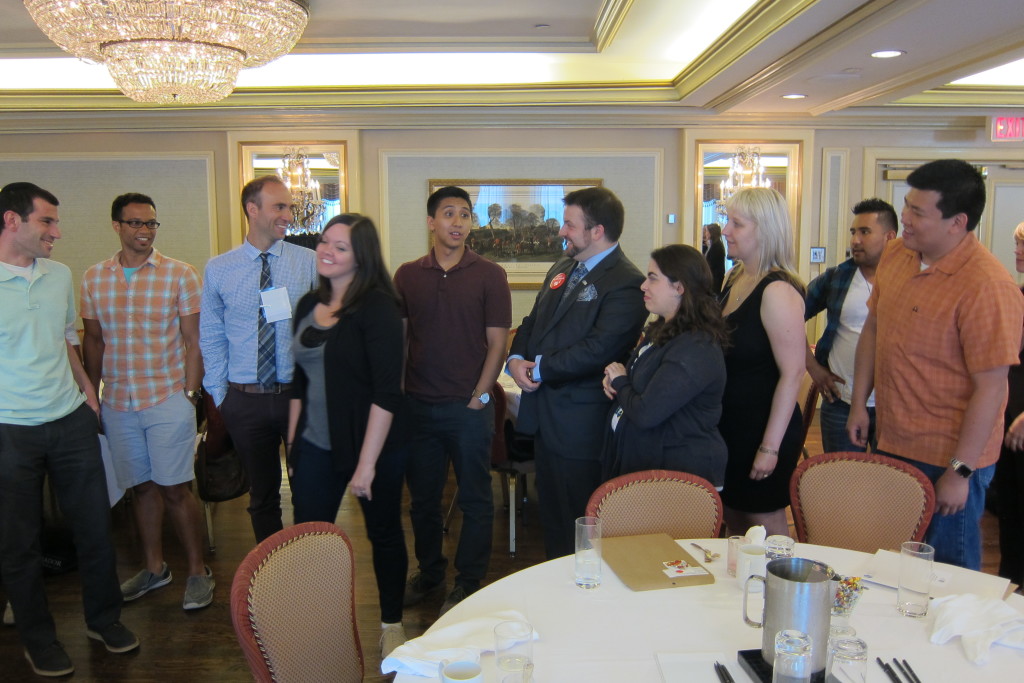 Guest columnist: Meredith A. Martyr, University of Minnesota – Twin Cities, Class of 2019
Guest columnist: Meredith A. Martyr, University of Minnesota – Twin Cities, Class of 2019
What social identities do you currently identify as most central to you? I identify as Pansexual, Feminist, and Cisgender Woman.
Progressing through my PhD coursework, I have become increasingly aware of my various identities and their impact on one another. Appearing as a cisgender woman, I am often assumed to be heterosexual by my classmates, professors, and colleagues. Appearing cisgender carries both a constant awareness of the privilege this provides me, and a continual reminder of the assumption that others make regarding my sexual orientation.
On one particular day, I was sitting in a doctoral seminar class discussing feminism in counseling psychology. Many of my classmates spoke very highly of feminism ideology and the “great progress” that has been made by the second wave feminist movement of the 1960-70’s. Identifying as pansexual and a feminist, I felt that it was pertinent in that moment to bring up the social oppression and silencing that occurred within the lesbian, bisexual, and pansexual communities at the hands of the cisgender second wave feminist movement. My classmates were confused by my critiques of second wave feminist ideology, and at that moment I felt it was important to share my sexual orientation in order to explain the conflicting appreciation and caution I have for the feminist movement. As I opened my mouth to share my pansexual identity, I feared hearing common microaggressions such as, “I never would have thought you would be pansexual,” “You don’t look like you would be into women,” or “I am relying on you to bring the gay perspective to this discussion.” Despite this fear, I experienced the compassion and increased self-awareness that can come from hearing and/or sharing a personal narrative. As I shared my narrative of how uplifting and restricting feminism could be for a pansexual individual, I felt an energy shift in the room from confusion to insight as my historically marginalized perspective was heard and acknowledged. It is my hope that by continuing to share my narratives, others may continue to develop a greater awareness regarding the fluidity of sexuality and gender.
I am appreciative and humbled by the openness, authenticity, and respect that I have received during my graduate education. The foundation that my graduate program has laid down has provided a space of safety and trust. The best advice I can pass on to others who have various intersecting identities would be to investigate the department’s involvement with different social justice movements and their approaches to working with a diverse set of identities. Additionally, I would recommend sharing your narratives only when you are ready or wish to do so. I would not have shared my intersecting identities with my professors and colleagues if I did not feel respected and safe within the academic environment created by my graduate program. As I move forward in my graduate training program, I look forward to expanding my own self-awareness and experiencing new opportunities to engage in meaningful and impactful discussions regarding the complexity of intersecting identities.
This column is part of a monthly series highlighting the experiences of students and professionals with diverse intersecting identities and is sponsored by the APAGS Committee on Sexual Orientation and Gender Diversity and the Committee for the Advancement of Racial and Ethnic Diversity. Are you interested in sharing about your own navigation of intersecting identities in graduate school? We would be happy to hear from you! To learn more, please contact the chair of APAGS CSOGD (Julia Benjamin, jzbenjam@gmail.com) or CARED (James Garcia, jjg0136@gmail.com).











